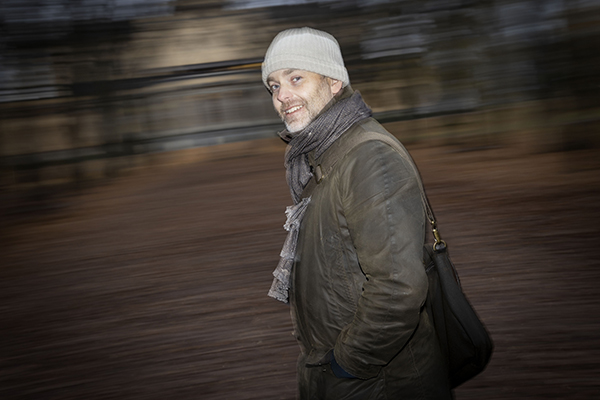What is special about these two master’s programmes?
“Both programmes are conducted in collaboration with several partners. Behind Euroculture, there are 12 partners in Europe and other places, like Japan, India and Mexico. International Humanitarian Action or NOHA is conducted by 24 partners: 10 in Europe and 14 in non-European countries. Both programmes have also been around for a long time, for example, NOHA began in 1993.
They both contribute to internationalisation since they are global collaborations but also because the students have an exchange semester abroad. It is easy to talk about internationalisation but harder to actually do it. In Europe, for example, 3–5 per cent of students take part on an exchange semester. This is even though Erasmus has been around a long time and is the most extensive system for exchange semesters in the world.”
Erasmus+ is the EU’s programme for international collaboration and exchange within such areas as educational programmes. How have you succeeded in receiving Erasmus+ status for a fourth time?
“We have been around a long time and have a good idea of what the EU wants and what we can provide. The EU wants a lot of things, and we have to find a balance between what they want and what we actually can live up to.”
What’s the secret to having networks and partnerships work for such a long time?
“We believe in what we do. The need for humanitarian aid work, for example, is confirmed in the newspapers every day, and it is also clear that Euroculture is just as relevant today as 15 years ago. Since we all believe in what we are doing, we also want to make it work even though it requires more commitment and work.
We all have similar experiences of national bureaucratic obstacles and systems. This means we show great empathy when problems arise. We do everything we can to help each other, and all the small things that are done strengthen and maintain trust in each other.
To some degree, we also benefit from the network being so large. It is unlikely that a significant number of the people working with the programme would leave at the same time. Even so, the number of people involved is growing, and we often go through a period of uncertainty when someone is replaced and we need to rebuild confidence and stability.”
Wouldn’t it be easier with the equivalent programme that you run yourselves?
“No, it is worth the extra work. There is something unique, for example, when we discuss the conflict in Biafra in the 1960s and a student talks about relatives who were there and shares their experiences. Or when we discuss Syria and students from there are not able to take part in the discussion because it is too difficult. This becomes practical internationalisation with cultural clashes both for students and teachers. It is one thing to say you respect other cultures but something else to do it in practice. For our students, the programme contributes in this way to the soft course objectives: can you practice what is a purpose of the programme?”
